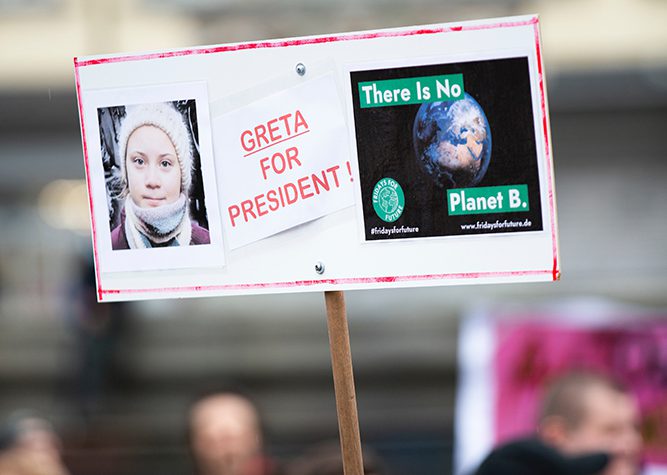
Dir: Marielle Heller. Cast: Tom Hanks, Matthew Rhys, Susan Kelechi Watson, and Chris Cooper. PG cert, 108 mins.
A door opens on a cosy suburban home, decorated in warm colours and varnished wood. Its sparse and a little stiff, as television sets tend to be, but inviting all the same. In walks Fred Rogers. He takes off his suit jacket and dress shoes; puts on a red zip-up cardigan and trainers. All the while he sings down the camera: Its a beautiful day in this neighborhood/A beautiful day for a neighbor/Would you be mine? Could you be mine? This was the way every episode of Mister Rogers Neighborhood began. The show ran from 1968 to 2001 and, in that time, Rogers became Americas unlikely spiritual guide. With soft words and an open heart, the former Presbyterian minister helped guide children through the complex tragedies of the adult world, whether they be death, divorce, or war. When disaster strikes, his words will be deployed as a comfort: Look for the helpers. You will always find people who are helping.
No film could ever hope to expose the dark side of a man shrouded in near-mythical goodness. Whatever flaws he had, they were kept far away from the public eye. In making A Beautiful Day in the Neighborhood, director Marielle Heller embraces that sense of impossibility. Instead of trying to excavate her subject, she explores the unique nature of his image. Her film sits neatly beside her previous works, Can You Ever Forgive Me? And The Diary of a Teenage Girl all smart, empathetic portraits of humanity.
Download the new Independent Premium app
Sharing the full story, not just the headlines
Download now
It takes inspiration from journalist Tom Junods cover story on Rogers, published in Esquire in 1998. Screenwriters Micah Fitzerman-Blue and Noah Harpster have turned Junod into the fictional Lloyd Vogel (Matthew Rhys) in order to invent a troubled backstory: Lloyd is estranged from his father (Chris Cooper), whose great act of betrayal is sketched out slowly and delicately over the course of the film. Lloyd scoffs at his editor when she first assigns him to do a profile on Mr Rogers he doesnt do puff pieces but becomes fixated on peeling back that angelic veneer to find the darkness inside.
Rogers proves to be a poker-faced opponent in this game. After all, when Lloyd looks into his interviewees eyes, hes also looking into (in a fourth-wall-breaking kind of way) the eyes of the actor who plays him Tom Hanks, one of the few American treasures that might be equal to Rogers in his sense of unflappable grace and kindness. Its a small victory that such subtle work has been recognised by the Academy, with the film landing Hanks his first Oscar nomination in 19 years. Hanks has never been one for obsessive mimicry, so he merely soften and slows his voice a little, letting the ends of his sentences lift up towards the heavens. The rest of his performance is invested in perfecting a direct, but compassionate gaze. In one crucial moment of silence, he looks right at us.
Its a moment of intervention, for both Lloyd and the viewer. The former has been emotionally crippled by the rage he feels towards his father (Rhys is skilled at expressing the deep-rooted exhaustion of a man whos never had a good nights sleep in his life). The latter will inevitably bring their own wounds and neuroses to the table. Lloyd doesnt find the skeletons he was looking for in Rogerss closet. Nor does Rogers reveal the secret to saintliness. A Beautiful Day in the Neighborhood is, at its core, a film about the hard and constant work of becoming a better person. Like Rogers himself, Heller finds the gentlest of ways to deliver an uncompromising message.





More Stories
A teenager from Co Offaly has been “inundated” with orders for his handmade reindeer decorations after his mother put up a post in a popular Facebook group.
Run Windows apps such as Microsoft Office in Linux (Ubuntu) and GNOME as if they were a part of the native OS, including Nautilus integration. – Fmstrat/winapps
With Australia’s relationship with China at a very dangerous stage, the timing of what is expected to be a ‘more nuanced’ approach from a Biden administration could not be more welcome.